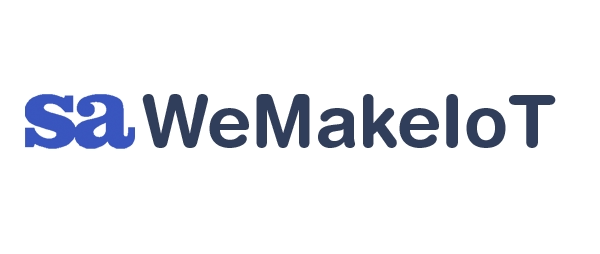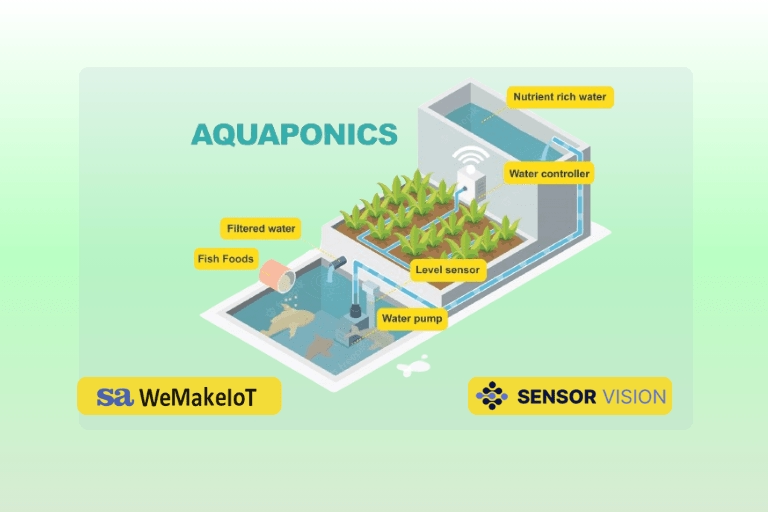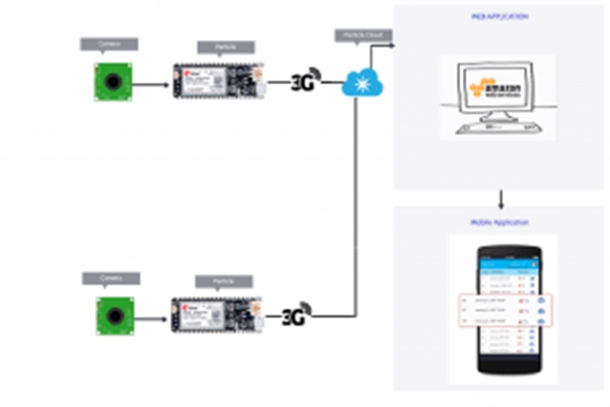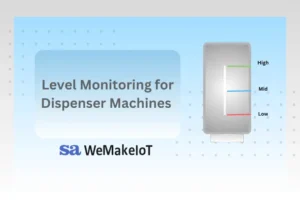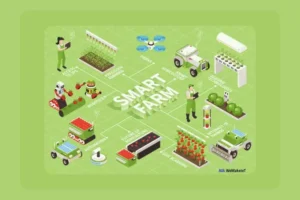Dispenser machines are a ubiquitous part of our daily lives, offering everything from hand sanitizer to paper towels. However, a single empty dispenser can disrupt user experience and cost businesses revenue. Our IoT solution uses real-time level monitoring to transform dispenser...
Read More >>Long Range (LoRa)
LoRa, short for Long Range, is a spread spectrum modulation technique that facilitates long-range and low-power wireless communication for IoT networks. This technology, combined with the open LoRaWAN® protocol, empowers a wide range of smart IoT applications. LoRa enables the connection of devices and sensors, even in remote locations, to the cloud for real-time data transfer. This collected data can be analyzed in the cloud to improve productivity and efficiency, ultimately contributing to a smarter planet.
LoRa Gateway
LoRa Gateway integration allows sensors and other devices to send data to the cloud in real-time. LoRa gateway act as a bridge between thousands of devices and the things network. LoRa gateway design using rich interfaces, high processing capability allows it to have two-way multichannel communication and high signal receiving sensibility. LoRa gateway can be designed with waterproof ability to support outdoor deployment.A fun and easy way to understand all about LoRa is to build your own LoRa gateway. There are many off-the-shelf LoRa gateways available like LoRa gateway Raspberry Pi Hat, Raspberry Pi LoRa gateway shield, LoRa dragino gateway, and Esp32 LoRa gateway. The off the shelf LoRa gateways allow you to set up the gateway in minutes.Why LoRa is used
LoRa devices are used in IoT applications because of features like long-range, low power consumption, and secure data transmission. Long Range devices enable low-cost battery-operated IoT applications. It can also be easily incorporated into existing infrastructure. This technology provides a greater range than the cellular network and can be utilized by public, private, or hybrid networks.LoRa has a connectivity range of 30 miles in rural areas and can penetrate dense urban or deep indoor environments. It has minimal energy requirements and hence longer battery life of up to 10 years. This also implies a lower battery replacement cost. It is a standardized technology offering interoperability of devices and global availability ensuring speedy deployment of IoT applications around the globe.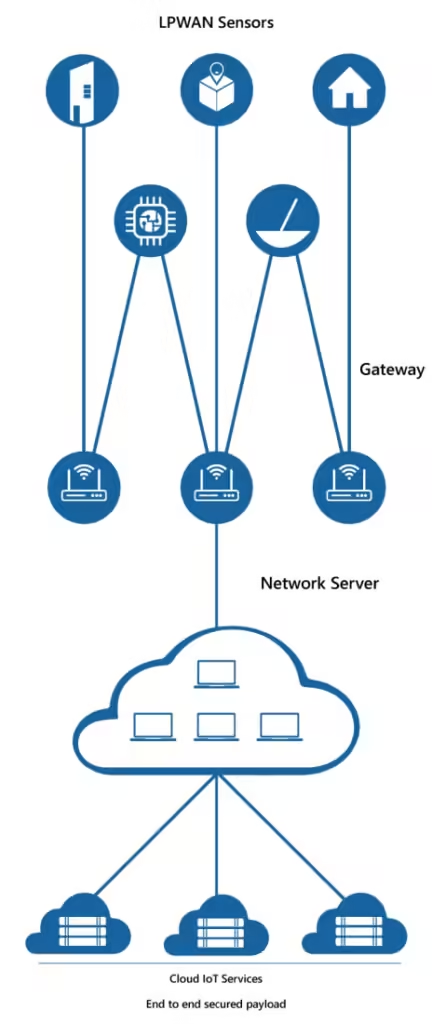
Advantages of LoRa and LoRaWAN


Long Range
Deep indoor coverage for multi floor buildings and star topology network design
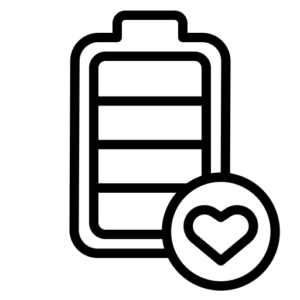

Long Battery Life
Low power optimized, upto 10 year lifetime, upto 10x versus Cellular M2M
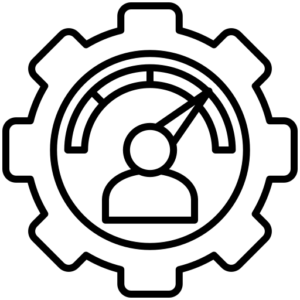

High Capacity
High capacity - millions of messages per base station / gateway. Multi tenant interoperability Public or Private network deployments


Low Cost
Minimal infrastructure, low cost end node and open source software.


Geolocation
Indoor and outdoor accurate without need for GPS and no battery life impact
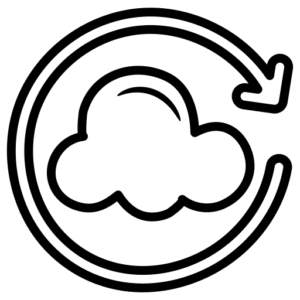

OTA
Firmware Updates Over the Air for applications and the LoRaWAN stack


Roaming
Seamless handovers from one network to another
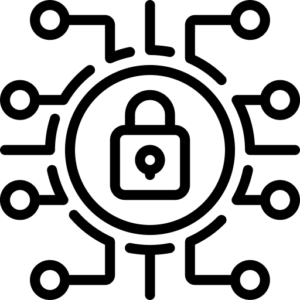

Security
Embedded end to end AES-128 encryption. Unique ID, application and network.
LoRaWAN
The LoRaWAN specification is a Low Power, Wide Area (LPWA) networking protocol designed to wirelessly connect ‘things’ to the Internet and targets key Internet of Things (IoT) requirements such as bi-directional communication, end-to-end security, mobility, and localization services.
The Low Power, Wide Area (LPWA) networking protocol utilizes two layers of security: one for the network and one for the application. The network security ensures the authenticity of the node in the network while the application layer of security ensures the network operator does not have access to the end user’s application data. There are more than 300 LoRaWAN development companies that are using LoRaWAN specifications to ensure the interoperability and scalability of LPWANs and IoT applications.
At WeMakeIoT, we provide the following services for implementing LoRaWAN infrastructure:
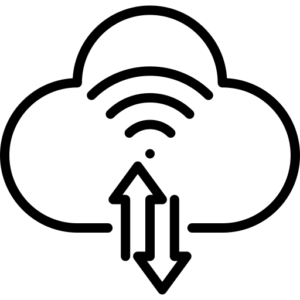

Sensor data ingestion to cloud
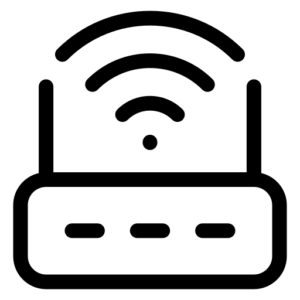

LoRa Gateway implementation
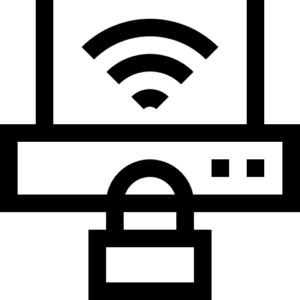

LoRa Private Gateway Network implementation
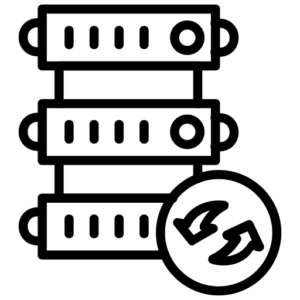

Chirpstack Network server implementation
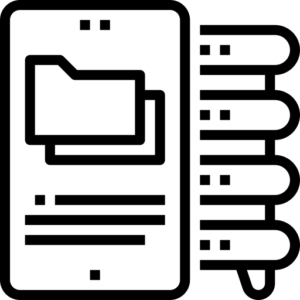

Chirpstack application server implementation
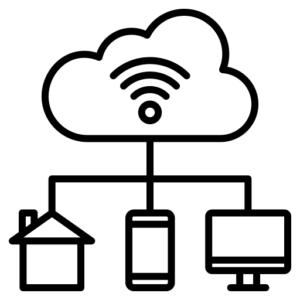

Chirpstack application server implementation
Use Cases with LoRa
Recent Blogs
The agricultural landscape is undergoing a technological revolution, and at the forefront of this transformation is the advent of Smart Farming. Leveraging the power of the Internet of Things (IoT), farmers are now equipped with innovative tools that provide real-time...
Read More >>Long-range (LoRa) technology has emerged as a robust solution for IoT communication, offering an extended range and low power consumption. In this blog, we delve into the world of LoRa point-to-point communication, sharing our experience at WeMakeIoT where we...
Read More >>